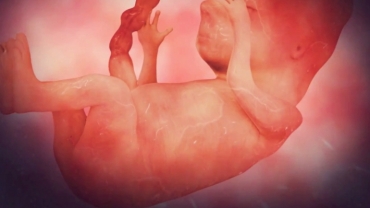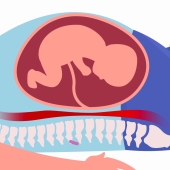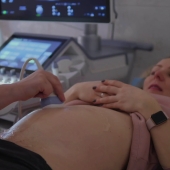All women, whatever their age, have a small risk of delivering a baby with physical and/or intellectual disability. Sometimes the disability is due to a chromosomal abnormality such as Down syndrome (also known as Trisomy 21).
The Nuchal Translucency examination, which involves a combination of a special Ultrasound and a blood test, is offered to pregnant women to assess major chromosomal congenital anomalies. The test suggests which pregnancies are at a higher risk of abnormality and may need further investigation.
A normal result does not guarantee a normal baby but does imply that an abnormality is unlikely. An abnormal result does not mean the baby is abnormal but suggests the baby should be further investigated. The examination also confirms the pregnancy dates, development and number of foetuses or embryos in the uterus.
Risk of Chromosomal Abnormalities:
- Increases with mother's age
- Down Syndrome difficult to detect
- Result can suggest high or low risk pregnancy
What to expect with a Nuchal Translucency Assessment?
- Highly specialised and specific
- Performed between: 11 weeks and 3 days and 13 weeks and 6 days
- Performed in conjunction with blood test
- Ultrasound detects 75%
- Increases to 90% with blood test and nasal bone measurement
What can the scan tell me?
- Nuchal Translucency Measurement combined with age and blood test
- Chromosomal abnormality expressed as 1 in more than 500
- High risk is less than 300
- Low risk is more than 300
- Level of comfort varies from patient
Should I have this test performed?
- Question for each parent to answer themselves
- Discuss in detail with your doctor
- Performed to detect chromosomal abnormalities
- Consider further testing
Most likely to benefit women:
- Over 35 years of age
- Have previously had an abnormal pregnancy
- Family history of abnormal pregnancies
- 358 views













